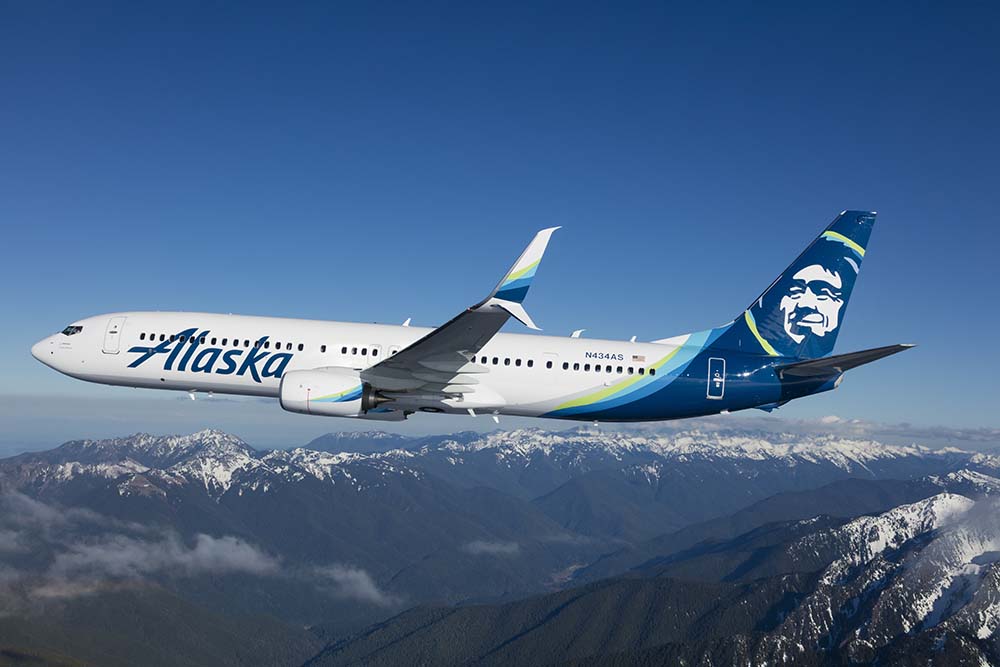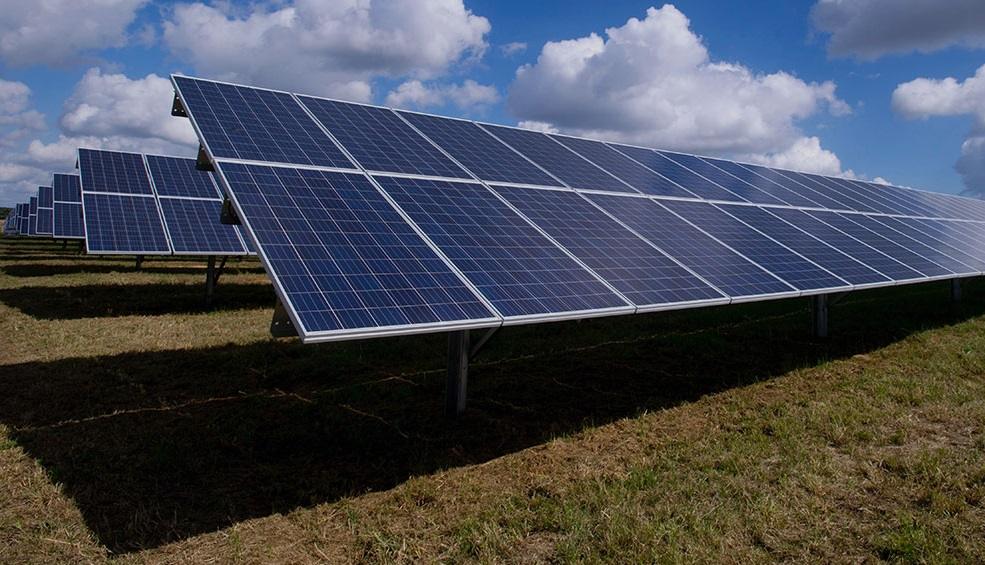Alaska Airlines Launches Sustainable Aviation Fuel Purchase Program for Corporate Customers
Alaska Airlines announced the launch of a new program aimed at enabling corporate customers to reduce business travel emissions through the purchase of sustainable aviation fuel (SAF) credits and to expand education and awareness about opportunities to improve business travel sustainability.
The announcement follows the launch last year by Alaska Airlines of a roadmap to reduce its carbon emissions to net zero by 2040, with SAF as the most significant opportunity to reduce emissions over the next few decades.
The new initiative builds on the launch of a partnership with Microsoft in 2020, aimed at reducing the environmental impact of Microsoft employees’ business air travel through the use of SAF. As part of the program, Microsoft agreed to offset CO2 emissions from employee travel across the most popular routes travelled by its employees on Alaska Airlines through the purchase of SAF credits.
Diana Birkett Rakow, Senior Vice President of Public Affairs and Sustainability, Alaska Airlines, said:
“Launching this program is another step toward our net zero goal and an important step to bringing SAF to scale. While SAF is imperative to aviation’s decarbonization journey, there are multiple barriers we must overcome to make SAF commercially-viable at scale. We believe these barriers are best addressed when we work together within the aviation community and across sectors.”
Air transport has come under increasing scrutiny in recent years as a significant contributor to GHG emissions, accounting for an estimated 2% of global GHG emissions. SAF is seen by market participants as one of the key tools for the industry to address its emissions impact, as it generates 80% less lifecycle carbon emissions than conventional jet fuel. SAF is generally produced from sustainable resources, like waste oils and agricultural residues, or even from carbon captured from the air, rather than from fossil fuels.
Earlier this month, Alaska announced its most significant SAF commitment to date, with biofuel company Gevo, under which the company will deliver 37 million gallons of SAF per year to the airline for five years. In July, Alaska Airlines, together with Microsoft and carbon transformation company Twelve also announced a new collaboration to advance the production and use of SAF from captured CO2.
The new program launches with Microsoft, Boeing and Washington State University (WSU) as program participants. Microsoft has also committed to reduce the Scope 3 emissions of its business travel with Alaska, and Boeing and WSU will be aviation and academic value chain partners to share knowledge and advancements in sustainable business travel with corporate participants.
Sheila Remes, Vice President of Environmental Sustainability, Boeing, said:
“We are proud to build on our long-standing partnership with Alaska, along with other corporate and academic leaders like Microsoft and WSU, to help catalyze the scaling of sustainable aviation fuel. We will need 700-1,000 times increase in the amount of SAF if we are to meet the industry’s commitment to net zero by 2050 and partnerships and new ideas like these are critical to meeting that goal.”
Alaska Airlines also announced that Deloitte is joining the program to advance purchase and use of SAF. The two companies will partner on the purchase of SAF certificates which provide an accounting framework to expand the market for SAF. As a participant, Deloitte is expected to reduce the emissions of their business travel with Alaska by about 1,050 metric tons of carbon dioxide.
Kwasi Mitchell, Chief Purpose Officer at Deloitte, said:
“Deloitte is proud to work with Alaska Airlines to help increase the adoption of sustainable aviation fuel. Reducing aviation emissions is integral to protecting our climate and creating a more sustainable future.”





